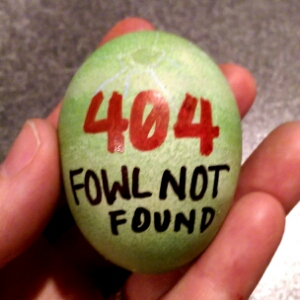Excerpts from my latest article at Practical Ecommerce: “Google Offers Paid and Organic Search Report.”
Paid and organic search work better together. Because searchers inherently trust that search engines are recommending the best pages in search results, when brands rank well in both paid and organic search their search performance for that phrase tends to increase. However, measuring that increase has been a bit challenging until now.
Google AdWords released a new feature this week enabling search marketers to measure performance of their paid and organic search efforts. The “paid and organic report” can be found in the AdWords campaigns tab as a dimension.
Analyzed together, paid and organic search data can uncover a wealth of optimization opportunities. Taken together, paid and organic search represent a large portion of the available real estate on the search results page. The larger your brand’s footprint on the search results, the more likely searchers are to choose one of your listings over the competition.
For example, the report could show keywords that are driving organic search traffic but no paid search traffic. Those keywords could be added to your AdWords campaigns to drive additional traffic and potentially boost the effectiveness of the organic search listing as well…..
Read more at “Google Offers Paid and Organic Search Report.”
Read my articles in full at Practical Ecommerce » Jill Kocher
Originally posted on Web PieRat.





